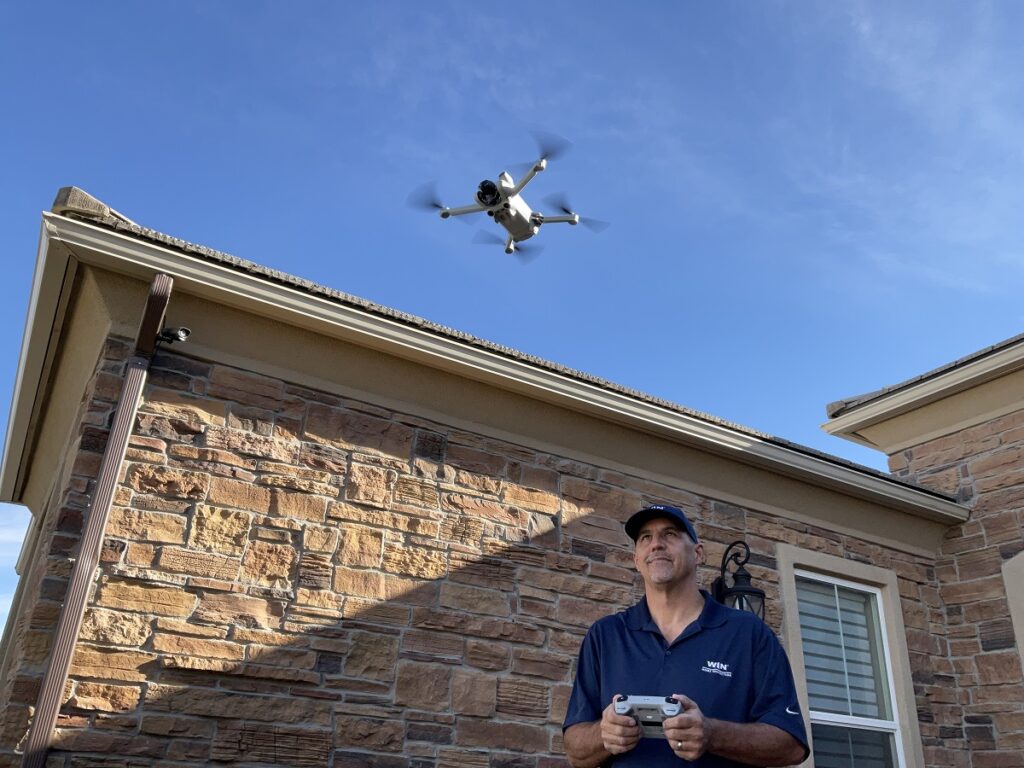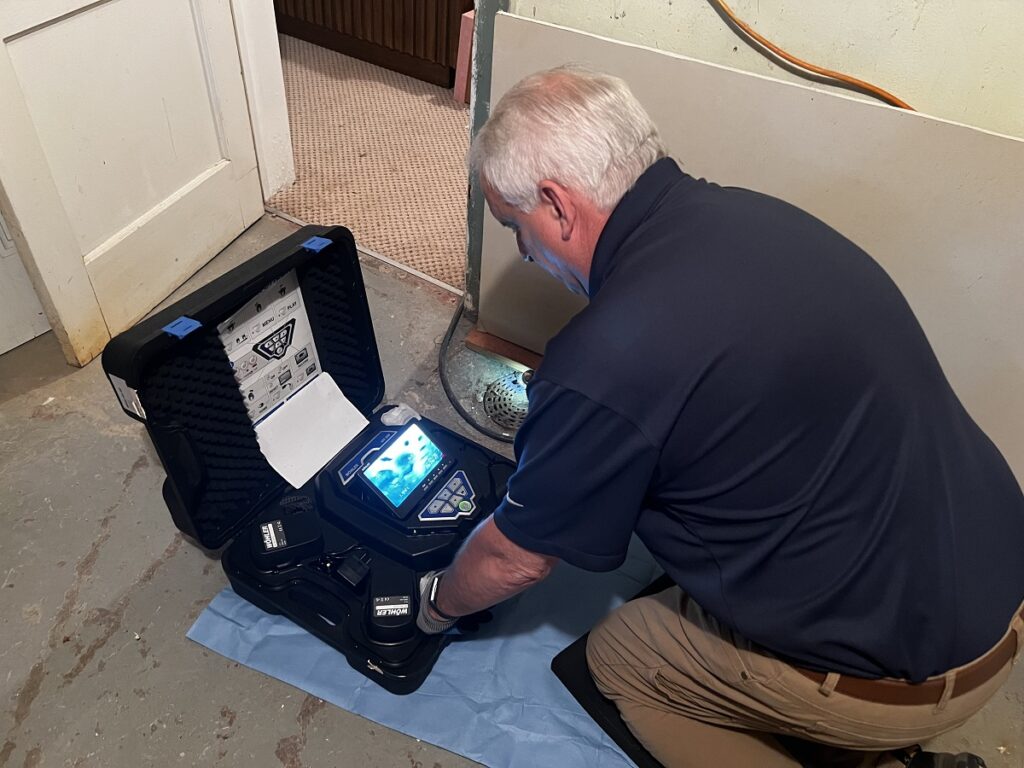Ready to Embark on an Exciting Journey with WIN?
Take the first step toward personal and financial freedom by filling out the interest form. One of our franchise advocates will be in touch with you soon!
March 13, 2023
Home inspection is a crucial process in the real estate industry, providing buyers and sellers with vital information about the condition of the property they are looking to buy or sell. The home inspection industry has seen steady growth over the years and is expected to move in an upward trajectory as the demand for homes rises and the awareness about the importance of home inspection rises.
In recent years, technology has played an increasingly important role in home inspections, providing inspectors with advanced tools to assist them in assessing the condition of a property and providing faster, more reliable, and more affordable services to their clients. Here, we’ll discuss the various ways that technology is changing the home inspection industry.
The traditional home inspection process has a set of challenges involving safety hazards, delays, incomplete information, and more. Over the years, the technologies used in home inspections have evolved significantly, reducing the safety risks while inspecting the home, increasing the efficiency of the process, and improving the accuracy of the reports.
Here are a few ways how technology is changing the traditional home inspection process:
Technology has provided advanced tools such as thermal imaging cameras, drones, and moisture meters to home inspectors, helping them identify issues which are not visible to the naked eye. For example, thermal imaging cameras can detect electrical hotspots, leakages, and damage that may not be visible. Similarly, moisture meters can measure the levels of moisture in building materials to help identify areas of moisture and water damage.
Technology has also helped home inspectors improve the efficiency of the process. For example, report-writing software with checklists, templates, and other tools has helped home inspectors streamline the inspection process and improve accuracy. This helps save time and ensures that nothing is missed during the home inspection.
Technology has made it easier for home inspectors to communicate with their clients. For example, inspectors can provide digital reports which include high-quality photos of the property, making it easier for clients to understand the findings. In addition, it enables clients to easily share the report with various stakeholders such as real estate agents, attorneys, and insurance providers involved in the home-buying process.
Technology has also reduced the safety hazards that traditional home inspection poses. For example, advanced inspection equipment like drones helps inspectors reach hard-to-reach areas with ease and avoid the risk of physical injuries.
Finally, technology has improved the customer experience in the entire home inspection process. For example, home inspection software provides tools to help home inspectors organize their information, keep track of their orders, and organize their reports. This makes it easier for home inspectors to keep track of their findings, generate an easy-to-read report, and provide top-quality service to their clients.

Modern technologies used in home inspections have made the process more efficient, accurate, and detailed. Some of the modern technologies include:
While there are several benefits in adapting to advanced tools and technologies in the home inspection process, there are certain challenges for home inspectors to adapting new technologies. Here are a few of the challenges:
One of the major challenges of adapting to new technology is the cost. Upgrading equipment or software can be expensive, especially for small businesses or individuals. However, companies such as WIN Home Inspection include these equipment and software in their home inspection franchise offering to avoid any additional or hidden cost to their franchise owners.


Another challenge is the learning curve that comes with new technology. Home inspectors need to learn how to use new tools and software, which can be time-consuming and may require additional training and cost. However, companies such as WIN provide extensive training on these tools and software to ease the process for their franchise owners to navigate through the learning process without any headaches.
Compatibility is another challenge that inspectors face while adapting to new technology. New tools or software may not be compatible with their existing systems, making it difficult to integrate them into the inspection process. However, WIN has a highly advanced and fully integrated set of tools and software to make the inspection process for its home inspectors smooth and hassle-free.
Finally, data security becomes increasingly important as technology becomes more prevalent in the home inspection process. Inspectors need to make sure that the information they collect about the clients and their homes is secure and protected from unauthorized access. At WIN, we have implemented appropriate measures and internal privacy policies to ensure the protection of information of users and their properties.
In conclusion, as the home inspection industry continues to evolve, home inspectors need to increasingly adapt to newer tools and technologies to stay relevant and provide reliable, and more intuitive information to their clients. Staying updated with the latest tools and techniques will help home inspectors save time, cost, and help them provide a top-quality and intuitive experience to their clients in their home-buying process.
Interested to learn how WIN’s significant investments in technology and research help its franchise owners build a thriving home inspection business? Leave an enquiry or call us at (800) 967-8127.